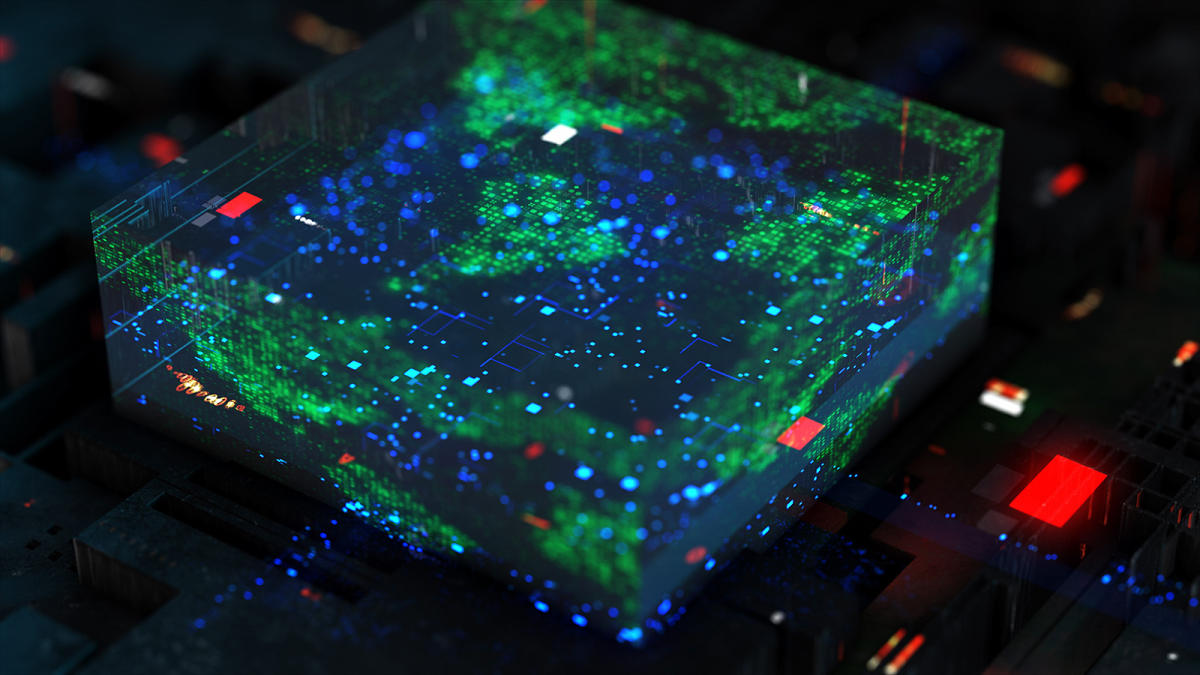DeepMind Focuses on Creating ‘World Models’ for Artificial General Intelligence

Google’s Ambition: Developing World Models for Artificial Intelligence
Introduction to World Models
DeepMind, Google’s AI research unit, is working towards designing advanced “world models.” These models aim to replicate our real-world environment, playing a vital role in Google’s quest to achieve artificial general intelligence (AGI). The push to create world models is a significant step, as Google aims to surpass its technology rivals in this competitive space.
Objectives Behind World Models
Google’s future plans for world models extend beyond mere simulation. Once they achieve AGI, they want to utilize these models for a variety of innovative applications, including:
- Training robots.
- Improving obsolete AI training data.
- Creating immersive backgrounds for movies and video games.
By developing these complex models, Google intends to enhance various practical domains.
Job Opportunities at DeepMind
Tim Brooks, a research scientist at DeepMind and a former lead at OpenAI, has announced through X (formerly Twitter) that he is hiring AI researchers and engineers for this exciting new project. The job postings indicate that the focus will be on creating generative models that can simulate the physical world. According to the listings:
- The goal is to "train world simulators on a massive scale."
- These simulators will enhance areas such as visual reasoning, planning for physical agents, and interactive entertainment.
The significance of these developments suggests that the new technologies may lead to advancements in various fields beyond AI, such as entertainment, robotics, and automation.
Relation to Other AI Projects
Many inquiries have arisen regarding how the world models relate to DeepMind’s existing projects, particularly Genie. Genie 2, the latest iteration of DeepMind’s flagship world model, can generate playable worlds that emulate our reality, albeit in a stylized manner. This model shows great promise in applications such as video games and media creation.
The intention to have new engineers collaborate with the Genie team reinforces that DeepMind is focusing on creating realistic and engaging virtual environments for entertainment and other applications.
Strategic Context in AI Industry Competition
As companies race to develop AGI and reliable world models, Google’s initiative is timely. Nvidia recently introduced its own platform, Cosmos, aimed at creating foundational world models. This platform is designed primarily for advancing autonomous vehicles and robotics—a focus area for Google as well, with its Waymo and Everyday Robots initiatives.
Renowned researchers in the field are also making strides. For instance, Fei-Fei Li has launched World Labs, a startup focused on enhancing AI capabilities in visual data processing. Similarly, OpenAI’s CEO Sam Altman has expressed confidence in their own path to achieving AGI.
Implications of World Models in Various Domains
The creation of effective world models holds the potential to revolutionize many spheres, including:
- Robotics: Training robots to better understand and interact with their environments.
- Entertainment: Enhancing video games and films with dynamic and realistic backdrops.
- AI Research: Improving the methodologies for training AI systems by generating more accurate simulations of the real world.
By blending these technologies, Google is setting the stage for future advancements that could benefit various sectors across society.
Summary of Developments
Overall, Google’s foray into world models reflects broader trends in the AI landscape. While they are not the only players in this space, their strategic moves signify a concentrated effort to harness the power of advanced AI. This journey not only illuminates Google’s ambition to lead in artificial general intelligence but also demonstrates the collaborative efforts within the tech industry to realize a more advanced and capable future in AI technology.






